Academy Team Makes National Finals
The Central West Leadership Academy Future Problem Solving Team has qualified for the National Finals. With over 150 teams in their age bracket, the Academy’s Stage 4 team has qualified to compete at the National Finals on October 16. This is the first time a team from the Central West has made it to the Nationals level in this highly revered international academic competition. Only 40 teams out of a total 254 made the National Finals which is a great result for the Central West Leadership Academy team.
The Academy team, consisting of Carrigan Baker, Imogen Bassett, Finn Randell and Noah Randell, has competed for three years and through their hard work and dedication have been deemed as one of the best Future Problem Solving teams Australia wide.
Principal Mandi Randell could not be more proud, “This is the core of Academy learning: challenging rigorous content in real world scenarios that takes hard work and dedication to achieve. For three years our team of four have tirelessly practiced and refined their skills and now have been acknowledged as some of the best creative and critical thinkers in the country.”
Future Problem Solving is a competition where teams research a problem and are then presented with a future scenario that they need to solve. Students have two hours to identify sixteen problems from a variety of categories, identify an underlying problem, create sixteen solutions to the underlying problem, evaluate and rank their solutions and make an action and implementation plan. The event will be held remotely this year due to COVID.
Future Problem Solving is a research-based, academic program that teaches problem solving strategies, collaboration, critical and creative thinking, and effective communication. The interdisciplinary approach helps develop ethical leadership skills and provides a unique opportunity for students to learn and apply essential life skills in the 21st century. The program has been operating in Australia for over thirty years and this year, over 6000 Australian students from primary and secondary schools participated in the program

